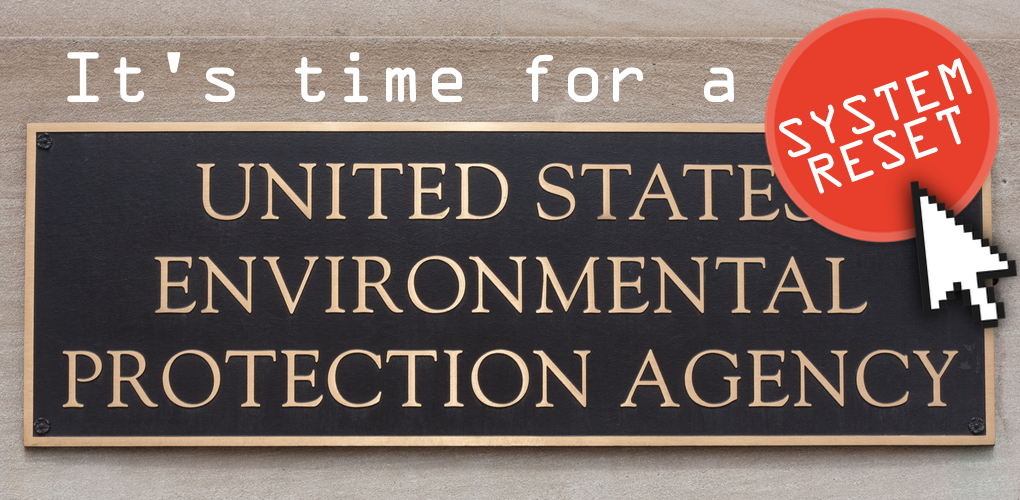
One Down, Two to Go
February 22, 2017
With the ceremonial removal of the stream rule in the Oval Office last week, a major burden on coal communities and threat to our diverse energy mix was lifted. But the danger from President Obama’s “keep it in the ground” regulatory tear lives on in two key policies: the moratorium on federal coal leases and the Clean Power Plan.
The moratorium can be lifted by the new Interior Department secretary as easily as it was imposed by his predecessor. This is a unilateral decision he can make at his discretion. No need for whip counts or bargaining for floor time. Taxpayers are already getting 39 cents from every dollar earned from federal lease sales and the net global carbon contribution from federal coal mined is negligible. In other words, the moratorium solves a problem no one has.
The CPP meanwhile offers no solution to the problem it claims to address: global climate change. It’s a product of full notice and comment co-authored with activist lawyers that does nothing to reduce the world’s warming. Here was the summa of regulatory ambitions: a total transformation of the nation’s energy grid engineered by an environmental agency hoping to impose through regulatory fiat and creative legal legerdemain the very carbon cap-and-trade regime that Congress repeatedly rejected.
The CPP is breathing but just barely; it isn’t legally binding until the D.C. Circuit decides its dubious legality. Even if upheld its implementation is doubtful. In a weekend interview with The Wall Street Journal’s Kimberly Strassel, EPA Administrator Scott Pruitt reiterated his intention to scrap the rule – another of those consequences elections have.
EPA’s former boss said coal’s struggles had little to do with her regulations but everything to do with market failure. This claim looks especially dubious after EIA appended a note to its Annual Energy Outlook. By abolishing the CPP, EIA said coal could once again reign atop the U.S. generation mix in 2019. If gas prices hold to present trends, coal would hold this lead position into the 2030s. Losing the CPP would spare enough coal volume to save 27,700 high-wage mining jobs and almost 100,000 additional supply chain jobs.
This would complete the dismantling of the anti-coal regulatory edifice laboriously constructed by the Obama administration and its allies and do much to secure a diverse, affordable energy mix for all Americans.
- On February 22, 2017
